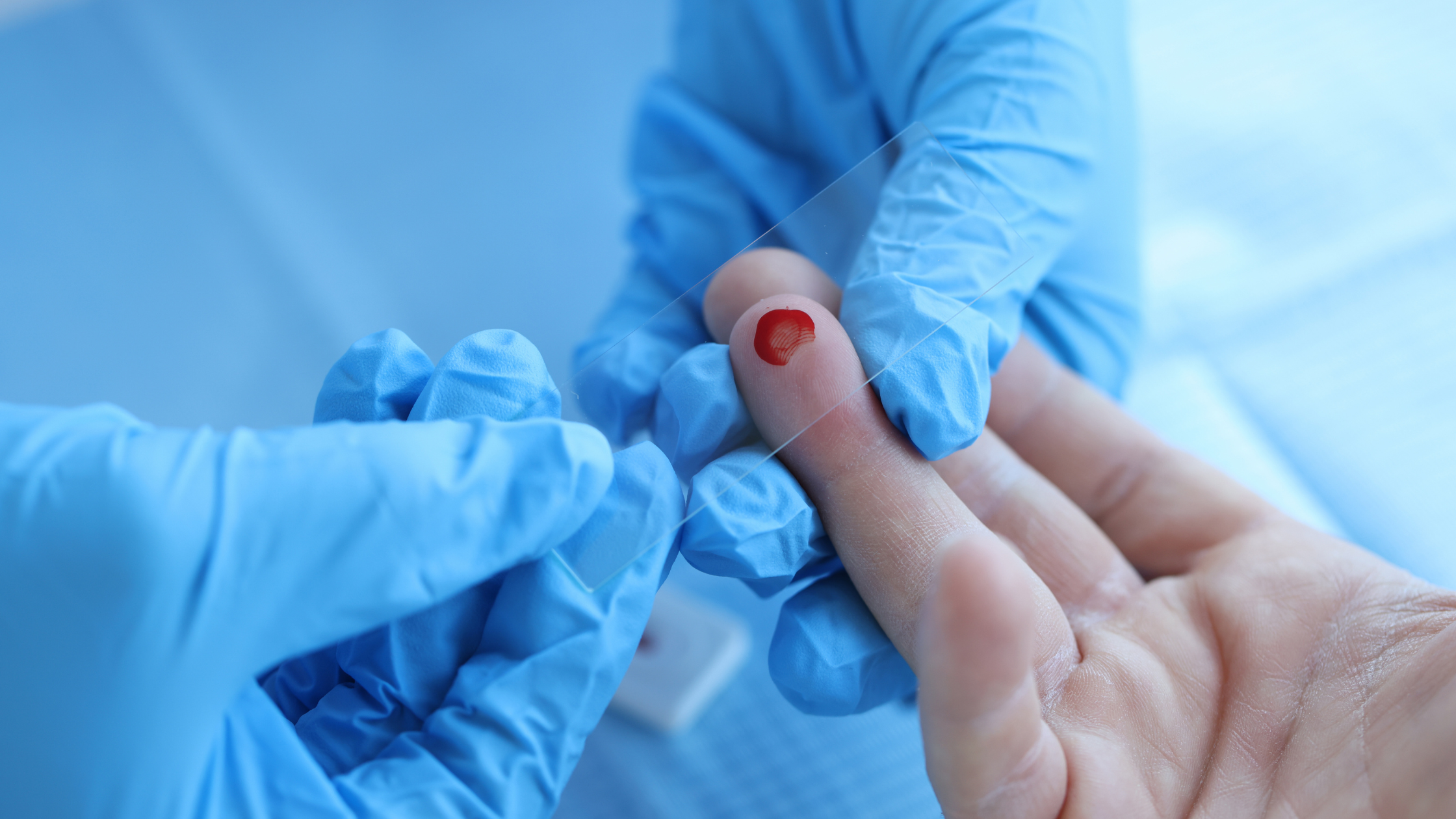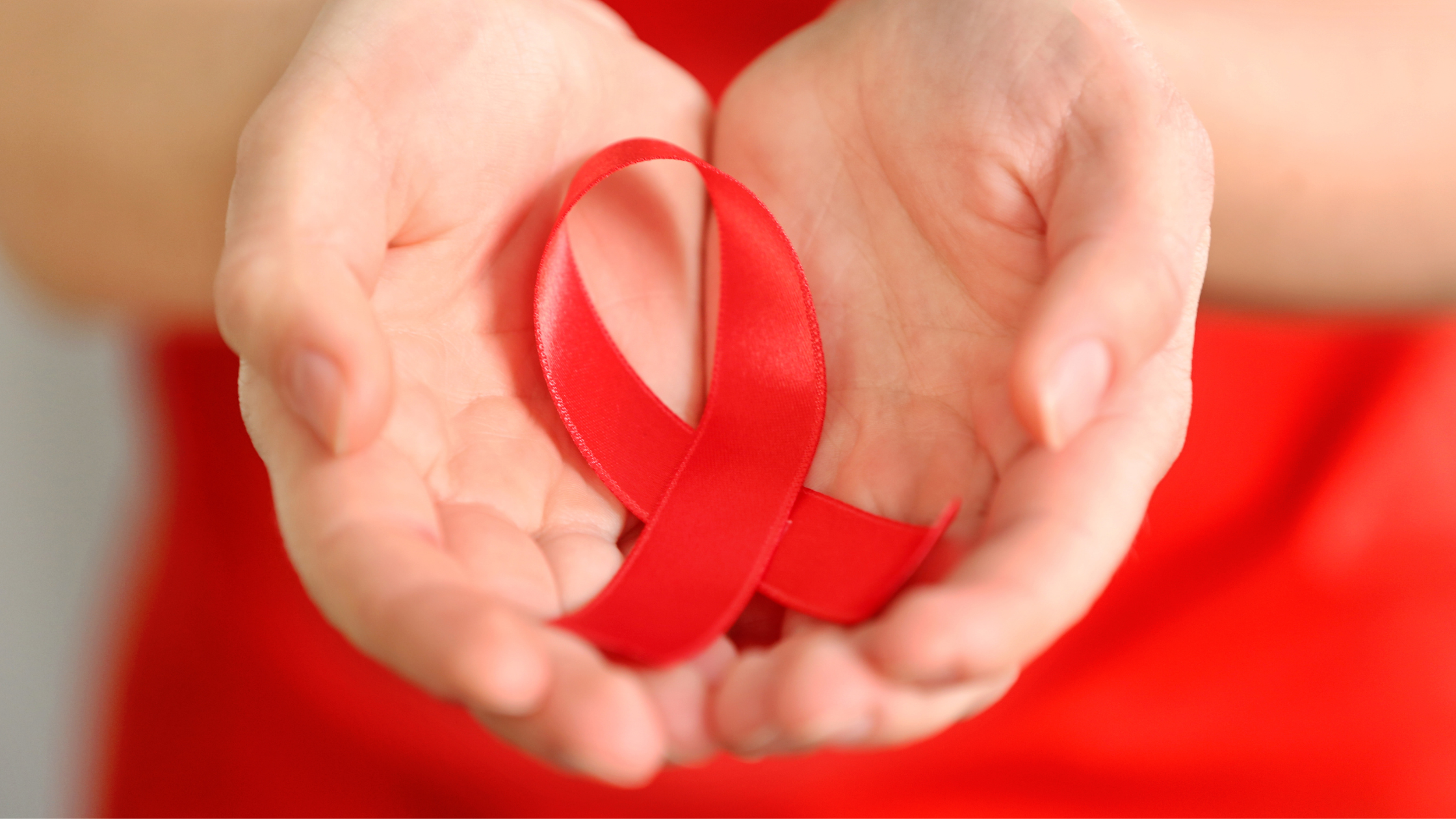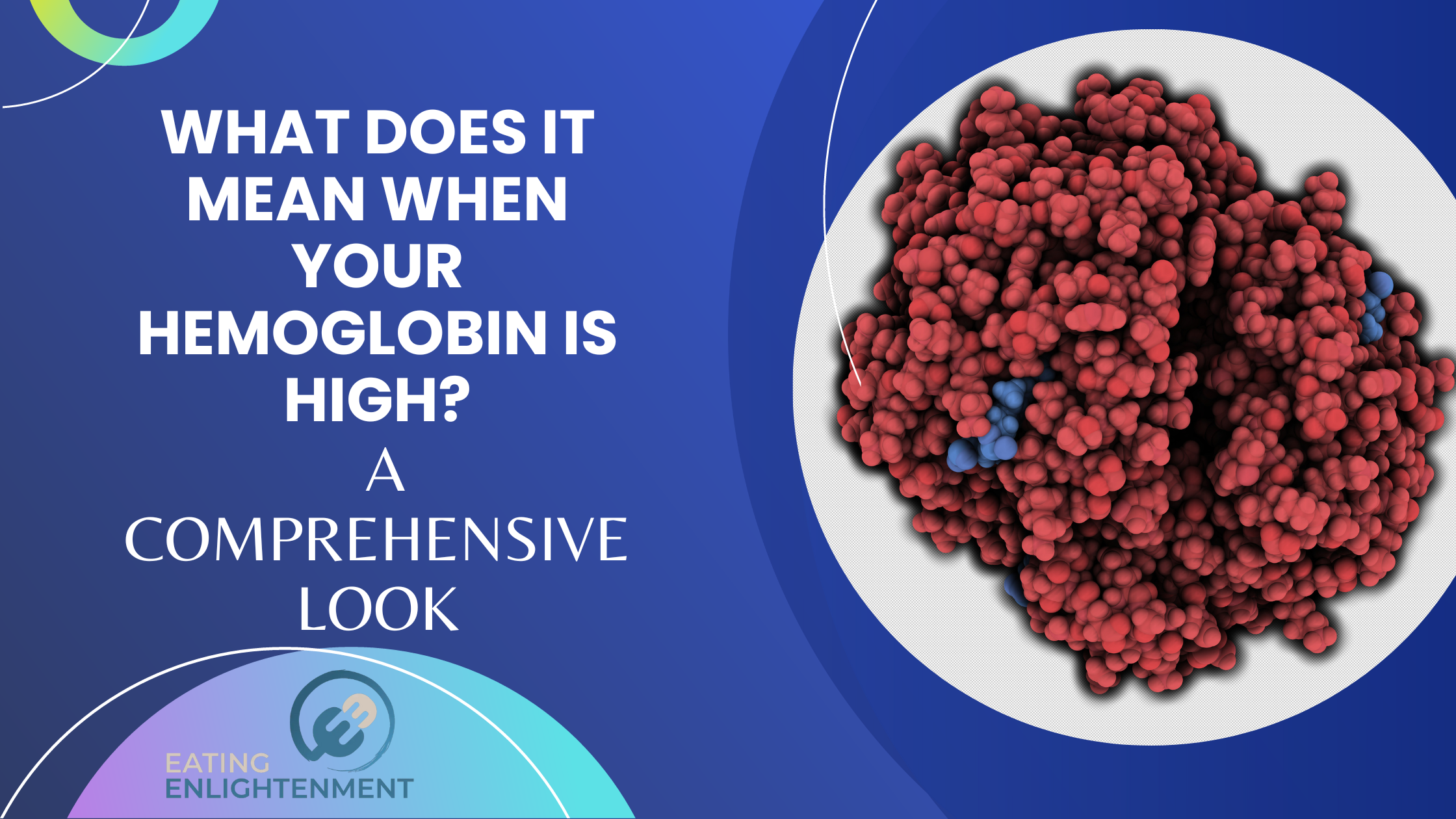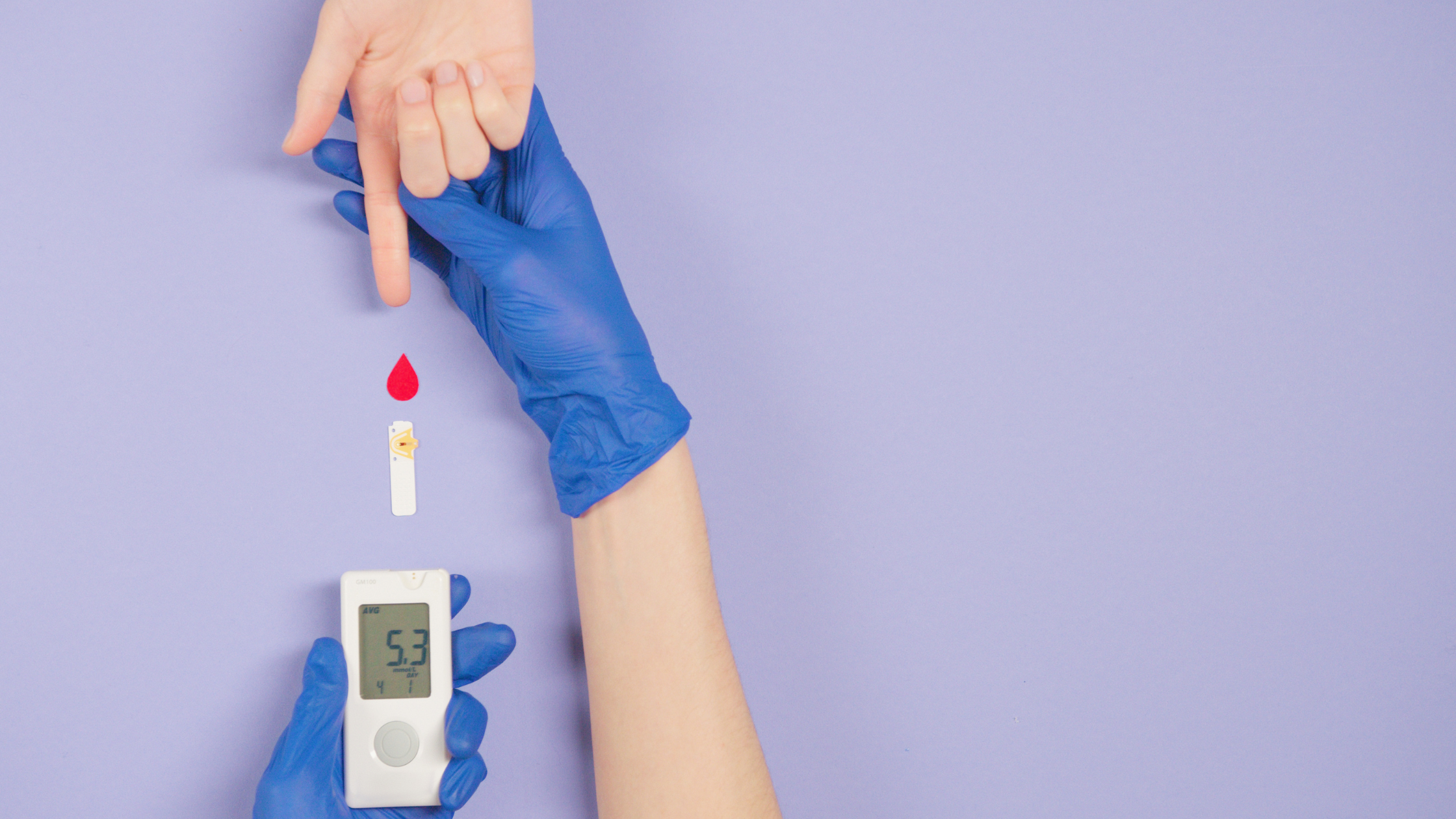Your body comprises several vital organs and systems that work harmoniously to keep you healthy and thriving.
One of these systems is the circulatory system, which is responsible for carrying oxygen and nutrients to all parts of your body. Hemoglobin is a protein in red blood cells that helps carry oxygen to these body tissues. But what happens when your hemoglobin levels are high?
In this blog post, we’ll explore what it means when your hemoglobin is high and what steps you can take to maintain healthy hemoglobin levels.
What is Polycythemia, High Hemoglobin Levels?
Hemoglobin is an essential component of your body’s circulatory system, and it is responsible for carrying oxygen from your lungs to your body’s tissues. In a healthy person, the average hemoglobin level ranges from 12 to 15.5 grams per deciliter (g/dL) for women and 13.5 to 17.5 g/dL for men.
If your hemoglobin levels are higher than the normal range, it is known as polycythemia. Several factors, including smoking, dehydration, genetic disorders, and certain medications, may cause polycythemia.
One of the most common causes of high hemoglobin levels is smoking.
Smoking causes your body to produce more red blood cells to transport oxygen to your body’s tissues. In turn, this can lead to higher hemoglobin levels. Dehydration can also lead to higher hemoglobin levels. Dehydration can cause the red blood cells in your body to become more concentrated, leading to higher hemoglobin levels.
Genetic disorders like polycythemia vera can also cause high hemoglobin levels.
Polycythemia vera is a chronic condition that causes your body to produce too many red blood cells. This can lead to higher hemoglobin levels. Certain medications like testosterone and anabolic steroids can also cause high hemoglobin levels. If you are on any medication, you must consult your physician regularly to monitor your hemoglobin levels and adjust your dosage if necessary.
So, what are the risks of having high hemoglobin levels?
High hemoglobin levels can lead to a condition called hyperviscosity, which is an increase in the thickness and stickiness of your blood. Hyperviscosity can make it harder for your blood to flow through your veins and arteries, leading to an increased risk of heart attack, stroke, and blood clots. If you have high hemoglobin levels, it is crucial to maintain healthy levels to avoid these complications.
What is the most common cause of high hemoglobin?

So, what is the most common cause of high hemoglobin? Well, let’s break it down in a way that’s easy to understand.
Hemoglobin is a protein in your red blood cells that carries oxygen from your lungs to the rest of your body. Sometimes, though, the levels of hemoglobin can get too high. But why does this happen?
The most common cause of high hemoglobin is dehydration. When your body doesn’t have enough water, your blood can become more concentrated. This makes it seem like you have more hemoglobin when you need to drink more fluids.
Other causes can include living at high altitudes, where the air has less oxygen, or having a condition like lung disease, which makes it hard for your body to get the oxygen it needs.
What should I do if my hemoglobin is high?
So, your hemoglobin is high, and you’re wondering what you should do next?
That’s a fantastic question, and it shows how proactive you are about your health. Good for you!
- First off, don’t panic. It’s important to remember that everyone’s body is unique and responds differently. High hemoglobin can be caused by various things, like dehydration or living at high altitudes. Sometimes, it might be due to certain conditions like lung disease. But there’s always something you can do about it.
- One of the most straightforward steps is to drink more water. Dehydration can make your blood more concentrated, which can cause high hemoglobin. So, aim to drink around eight glasses of water a day. Keeping your body hydrated is an easy yet powerful way to improve health.
- Another critical step is to get regular check-ups with your doctor. They can help identify any underlying conditions causing your high hemoglobin.
What level of hemoglobin is concerning?

Hemoglobin is the part of your blood that carries oxygen. It’s like your body’s delivery service for fresh air! Isn’t that cool?
Now, normal hemoglobin levels are generally between 13.5 to 17.5 grams per deciliter for men and 12.0 to 15.5 grams per deciliter for women. But what if yours is higher or lower? Should you worry?
Well, not necessarily. Above or below these numbers may not mean much. But a big difference could be a sign that something’s not right. For instance, low hemoglobin could suggest anemia, while high levels might point to dehydration or other conditions.
So, what should you do? Get checked out by your doctor, of course! They can figure out if there’s a problem and help you fix it. Your health is in your hands, and knowledge is power!
What cancers cause high hemoglobin?

Hemoglobin is like a bus service for our body. It carries oxygen from the lungs to the rest of the body. But sometimes, its levels can be higher than usual.
Certain types of cancer can cause this. One of them is Polycythemia Vera, a blood cancer that makes your bone marrow produce too many red blood cells. It’s like a factory working overtime when it doesn’t need to!
Kidney and liver cancer can also lead to high hemoglobin. Our kidneys and liver are crucial for cleaning our bodies from harmful substances. When they aren’t working correctly due to cancer, it can affect our blood as well.
Remember, though, everyone’s body is different. If you find your hemoglobin levels are high, it doesn’t necessarily mean you have cancer. But it’s always a good idea to check with your doctor.
Does high hemoglobin mean diabetes
Now, let’s break this down. Hemoglobin is a part of our blood that carries oxygen around the body – like a delivery truck for oxygen! But there’s a particular type of hemoglobin we need to talk about here, called Hemoglobin A1C.
Hemoglobin A1C is slightly different because it can tell us about our blood sugar levels over the past three months. Isn’t that handy?
So, does high Hemoglobin A1C mean diabetes? Not necessarily, but it could be a sign. If your A1C level is consistently elevated, it could mean that you have diabetes or prediabetes. It’s like an early warning system for your body!
Is high hemoglobin serious?
Hemoglobin is like a delivery van for our body. It carries oxygen from our lungs to all the other parts of our body. Now, sometimes, the level of hemoglobin can be higher than usual.
Having high hemoglobin can cause some symptoms, like feeling dizzy, tired, or even having easy bruising. Imagine your body trying to work with too many delivery vans on the road – it will cause some confusion, right?
But here’s the thing: high hemoglobin isn’t always a sign of a severe condition. Sometimes, it could mean that your body needs more oxygen because you’re a smoker or live in a high-altitude area.
However, there are times when high hemoglobin could point to something more serious, like a heart condition or a blood disorder called Polycythemia Vera. It’s like your body waving a red flag, saying, “Hey, let’s check this out!”
So, what should you do if your hemoglobin is high? The best step is to talk to your doctor. Sound familiar?
What Does It Mean When Your Hemoglobin Is High Conclusion
In conclusion, hemoglobin plays a vital role in your body’s circulatory system, and high hemoglobin levels can signal an underlying health issue. By understanding the causes and risks of high hemoglobin levels, you can take steps to maintain healthy levels and reduce your risk of complications.
If you are concerned about your hemoglobin levels, it is essential to consult your physician for proper diagnosis and treatment. With good care and attention, you can maintain healthy hemoglobin levels and enjoy a healthier, happier life.




